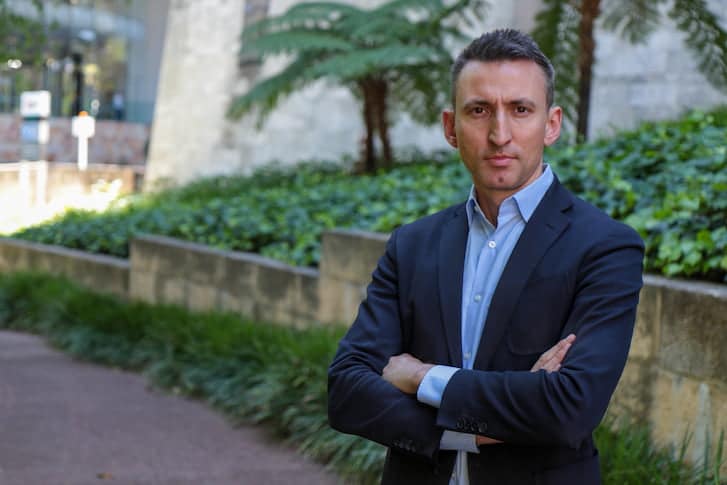The hospital emergency room is one of the most volatile workplaces in the world and managing that risk is a tough task for management.
A combination of stress, pain, drugs and alcohol makes for an unpredictable boiling pot that can sometimes bubble over into aggressive behaviour and even violence.
Last year, Perth’s three biggest public hospitals reported more than 11,000 ‘code blacks’, used to describe an actual or potential aggressive incident towards a staff member, patient or visitor.
A spokeswoman for the Department of Health says front line staff receive specialised training to quickly recognise and respond to the early signs of aggressive behaviour.
“The aggression, prevention and intervention program teaches staff strategies to manage conflict situations,” she says.
The spokeswoman says the hospitals are all equipped to deal with aggressive incidents as well: “All metropolitan hospitals are equiped with security measures appropriate to their needs, including guards, alarms and police resources – where required – to ensure the ongoing safety of staff, patients and visitors.”
Safety in volatile environments
Public services provider Serco has frontline government contracts in volatile areas including prisons, immigration centres, courts and transport but one of its biggest jobs is running Fiona Stanley Hospital in Perth’s south.
It runs non-clinical support services at the hospital which put staff in direct contact with potentially aggressive and violent people.
The right combination of strong policies, innovations and training means Serco’s efforts in this area are some of the most effective in the state.
Serco’s Fiona Stanley Hospital HR Director Andrea Thompson says violence and aggression in hospitals is a serious issue and the company spends time and effort trying to prevent or mitigate the associated risks.
“Hospitals mean you’re dealing with a risk that involves human behaviour and interaction, which is quite different to mechanical-type risks,” she says.
Thompson says Serco must adhere to standards set by the Government in addition to standards outlined in their contract and the company’s own new realm of KPIs and transparency.
So how do you keep staff and patients safe in the state’s biggest hospital? Thompson says comprehensive and practical training – over and above just theory and e-learning – plays a big part.
“They actually get into a simulation centre and learn how to respond to an aggressive patient with verbal de-escalation or, if necessary, physical restraint techniques,” she says.
“All of the training and techniques we teach must be endorsed and approved by the Department of Health – so it’s quite standardised across the health sector.
Data-led innovation
Serco doesn’t rest on its laurels when it comes to staff and patient safety.
Thompson says the company thoroughly investigates each incident and has a business intelligence unit constantly looking at data from the hospital and other areas to come up with new and innovative ways to improve response to violence and aggression.
“There is a fair amount of understanding you can gain by looking at this stuff, as you would with every other health and safety type risk. You’re seeking to understand it, looking at root cause, looking at mechanisms you can implement that will eliminate or minimise the risk in the future,” she says.
This fastidiousness has resulted in some innovative ways of dealing with violence and aggressions, right down to ensuring a certain amount of staff numbers and even changing staff uniforms.
“We changed the staff uniforms to improve interactions with patients – they’re still identifiable and neat, but less formal,” Thompson says.
“All of this helps set a calmer tone of an encounter when something happens.”
Physical safety measures are also used by Serco staff at Fiona Stanley, including gloves and face spit prevention masks as well as communication tools like personal safety duress alarms, two-way radios and personal digital assistants.
Some Fiona Stanley staff will soon trial body cameras, which are already in use by colleagues in Serco-run prisons.
►Have a workplace safety issue you need help with? Talk to one of our Safety Advisors now about how we can help reduce risk to your workers and help you meet WA’s OHS laws.






